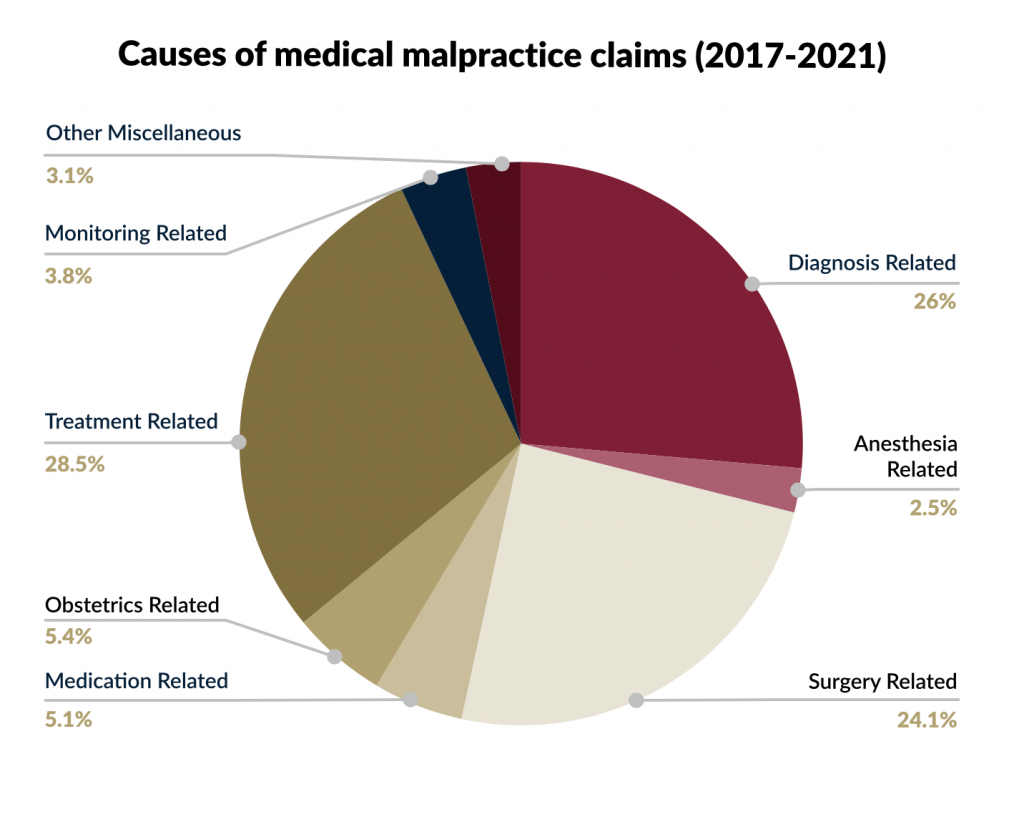- What is meant by quality assurance in health care?
Quality assurance in healthcare refers to the systematic approach of ensuring that healthcare services meet established standards of safety, effectiveness, and patient-centeredness. It involves continuous monitoring, assessment, and improvement of healthcare processes to minimize errors, prevent adverse events, and optimize patient outcomes. QA aims to enhance patient satisfaction, increase healthcare efficiency, and promote evidence-based healthcare practices. Effective QA requires collaboration among healthcare professionals, patients, and stakeholders to promote transparency and accountability in healthcare delivery.
- What is an example of quality assurance?
The implementation of a medication reconciliation process. It involves systematically reviewing a patient's medication regimen and ensuring that it is accurate and up-to-date. This process helps to minimize medication errors and adverse drug reactions, improving patient safety and outcomes. QA in healthcare also includes regular audits of healthcare processes and policies, as well as ongoing education and training of healthcare professionals to ensure they are delivering the best possible care.
- Why is quality assurance important in health?
- QA is crucial in healthcare as it helps to ensure that patients receive safe, effective, and patient-centered care. It minimizes errors and adverse events, promotes evidence-based practices, and improves healthcare outcomes. Quality assurance also fosters transparency and accountability in healthcare delivery, enhancing patient satisfaction and trust in the healthcare system. By continuously monitoring and improving healthcare processes, quality assurance supports healthcare professionals in delivering the best possible care to patients.
- What is QA vs Qi vs QC?
QA, Qi, and QC are all related to quality management in different ways. QA (Quality Assurance) is the process of ensuring that a product or service meets specific quality standards. Qi (Quality Improvement) refers to the continuous effort to improve the quality of a product or service. QC (Quality Control) is the process of ensuring that a product or service meets the desired quality standards by inspecting and testing it before release. All three processes are important for ensuring high-quality products and services that meet the needs of customers.
- AI SOLUTIONS
- Services
DevOps as a ServiceDevOps on autopilot
CTO as a ServiceStregthen your team
Software testingEnsure software quality
Discovery phasePlan your priduct from a to z
Cloud ServicesGeneral information about healthcare cloud services
Google Cloud ServicesEnsuring confidentiality when working with medical systems
AWS Cloud ServicesServices specially designed for the healthcare industry
Microsoft Cloud ServicesPlatform processing, analyzing and sharing medical data
- Industries
- About
- Blog
- Portfolio







